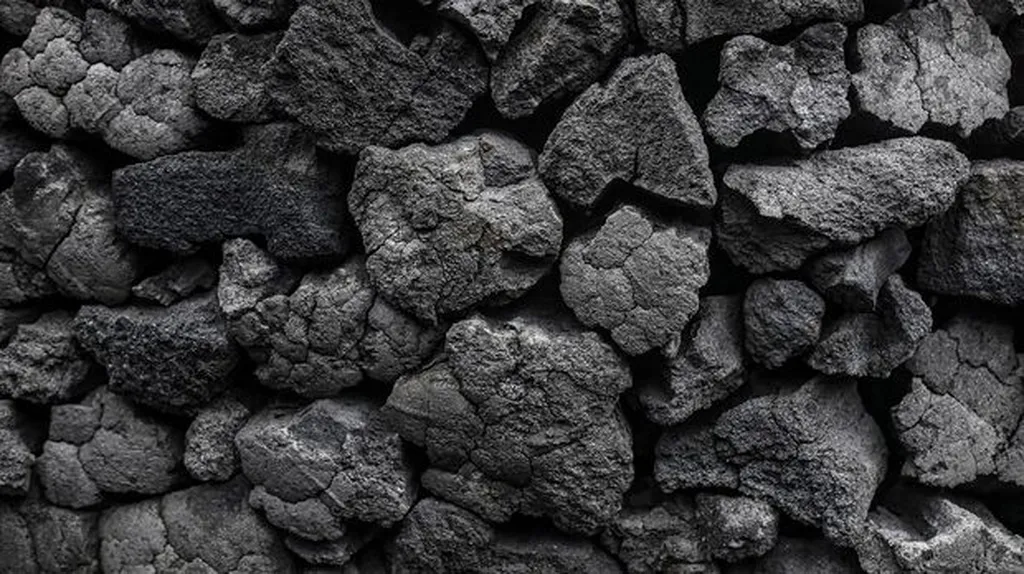In the heart of China’s agricultural revolution, a groundbreaking study led by Dr. Rui Liu from the College of Resources and Environmental Sciences at China Agricultural University is reshaping the future of sustainable farming. The research, published in the esteemed journal *Frontiers of Agricultural Science and Engineering* (translated from its original Chinese title), delves into the transformative potential of stabilized fertilizers, offering a beacon of hope for balancing productivity, efficiency, and environmental stewardship.
Stabilized fertilizers, fortified with urease or nitrification inhibitors, are emerging as a cornerstone of China’s green agricultural transition. These innovative fertilizers not only enhance crop yields but also significantly reduce greenhouse gas emissions, addressing a critical need in the global fight against climate change. Dr. Liu’s meta-analysis of over 900 trials conducted between 2014 and 2018 reveals that stabilized fertilizers increase yields by 9.2%, improve nitrogen use efficiency by 11.2%, and reduce N2O emissions by 28.4% in staple crops. “The benefits are multifaceted,” Dr. Liu explains. “We’ve seen nitrogen efficiency increase by 60%, emissions cut by 60%, and fertilizer savings ranging from 20% to 50%.”
The commercial implications for the energy sector are substantial. As the world grapples with the need to reduce carbon footprints, stabilized fertilizers offer a viable solution to lower emissions in agriculture, a sector that contributes significantly to global greenhouse gas emissions. “This technology is not just about improving crop yields; it’s about creating a sustainable future,” says Dr. Liu. “By reducing emissions and improving efficiency, we’re paving the way for a greener, more sustainable agricultural industry.”
China’s journey with stabilized fertilizers began later than that of Germany and other EU countries, but it has quickly positioned itself as a global leader. With 90% of the raw material capacity and an annual output of 3 million tons, China is at the forefront of this agricultural innovation. The country’s breakthroughs in local production, diversified formulations, and standardized systems have set a new benchmark for the industry.
To maximize the impact of stabilized fertilizers, Dr. Liu emphasizes the need for continued technology innovation, refined application protocols, and cross-sector collaboration. “We must work together to advance this technology and ensure it reaches its full potential,” he asserts. “The future of sustainable agriculture depends on our ability to innovate and collaborate.”
As the world looks to China for leadership in sustainable development, Dr. Liu’s research offers a roadmap for the future. By embracing stabilized fertilizers, we can achieve a balance between productivity and environmental sustainability, ensuring a greener, more resilient future for agriculture. The insights provided in this study are not just relevant to China but have global implications, offering a pathway for other countries to follow in their quest for sustainable agricultural practices.
In the words of Dr. Liu, “The time for action is now. Together, we can create a future where agriculture is not just productive but also sustainable and environmentally friendly.”

